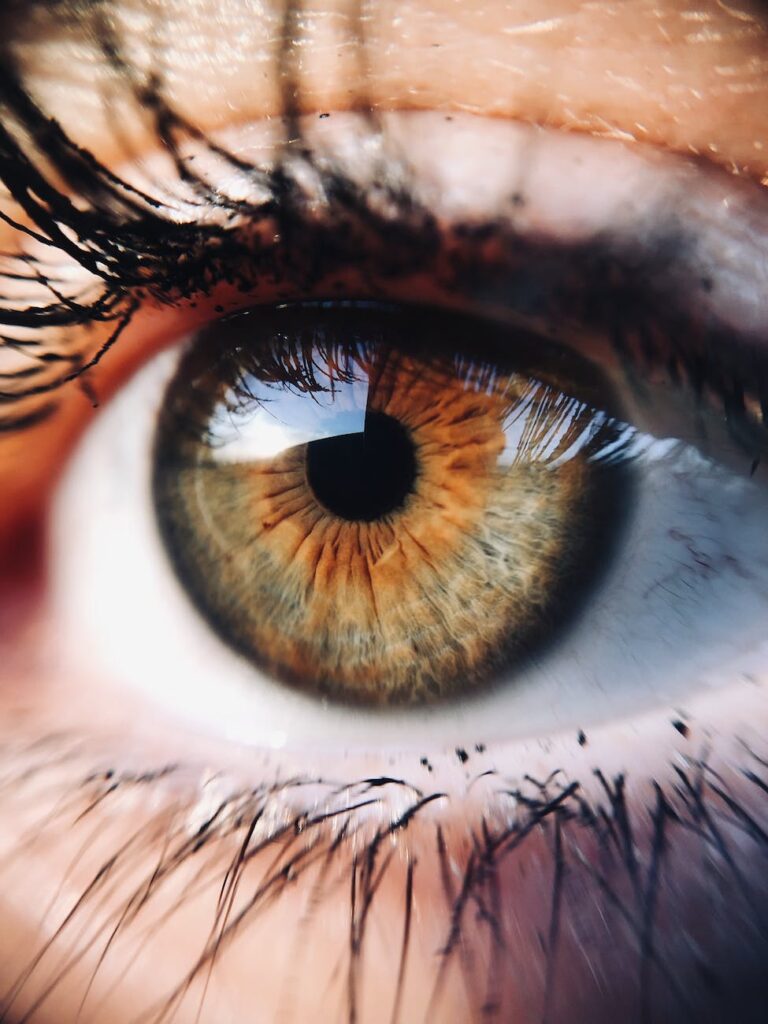
Introduction
The field of ophthalmology continues to witness remarkable advancements in research, paving the way for improved diagnostics, treatments, and overall eye care. As technology and medical knowledge progress, ophthalmologists are better equipped to address a wide range of eye conditions and provide clearer vision for a brighter tomorrow. In this article, Dr David Stager will explore some of the exciting advancements in ophthalmology research that are shaping the future of eye care.
1. Precision Medicine and Personalized Treatment
Advancements in genetics and molecular biology have paved the way for precision medicine in ophthalmology. Researchers are identifying genetic markers associated with eye diseases, enabling personalized treatment approaches based on an individual’s unique genetic profile. This targeted therapy promises more effective and tailored treatment plans for patients.
2. Artificial Intelligence in Diagnostics
Artificial intelligence (AI) is transforming ophthalmic diagnostics. AI-powered imaging and screening tools can detect early signs of eye diseases with remarkable accuracy. From diabetic retinopathy to age-related macular degeneration, AI algorithms are helping ophthalmologists make faster and more precise diagnoses.
3. Gene Therapies for Inherited Eye Conditions
Gene therapies hold immense promise for treating inherited eye conditions, such as retinitis pigmentosa and Leber congenital amaurosis. Researchers are developing techniques to deliver corrective genes to affected retinal cells, potentially halting or reversing vision loss in these conditions.
4. Stem Cell Therapies for Retinal Diseases
Stem cell research is opening new avenues for treating retinal diseases and degenerative conditions. Scientists are exploring the use of stem cells to replace damaged retinal cells and restore vision in patients with conditions like age-related macular degeneration and retinal dystrophies.
5. Nanotechnology in Drug Delivery
Nanotechnology offers innovative solutions for drug delivery in ophthalmology. Nano-sized drug carriers can target specific ocular tissues, enhancing drug efficacy and reducing side effects. This technology holds promise for treating conditions such as glaucoma and uveitis more effectively.
6. Advancements in Corneal Transplantation
Research is driving improvements in corneal transplantation techniques and outcomes. Innovations like Descemet’s membrane endothelial keratoplasty (DMEK) and laser-assisted keratoplasty have led to faster recovery times and better visual outcomes for patients undergoing corneal transplantation.
7. Retinal Implants and Bionic Vision
Retinal implants and bionic vision systems are transforming the lives of individuals with profound vision loss. These devices stimulate the retinal cells, enabling some degree of vision restoration and allowing patients to perceive shapes and objects.
8. Virtual Reality and Rehabilitation
Virtual reality (VR) technology is being used in ophthalmology for vision rehabilitation. VR-based therapies help patients with visual impairments improve their visual acuity, contrast sensitivity, and eye-hand coordination through interactive exercises.
Conclusion
Advancements in ophthalmology research are ushering in a new era of eye care and vision restoration. From precision medicine and AI-driven diagnostics to gene therapies, stem cell treatments, and nanotechnology drug delivery, researchers are leaving no stone unturned in their quest for clearer vision and improved eye health. As these innovations continue to evolve, ophthalmologists and researchers remain dedicated to providing the best possible care for patients with a wide range of eye conditions. The future of ophthalmology holds the promise of clearer vision for all, as we stand on the threshold of a new era in eye care that will transform lives and illuminate the path to a brighter and more visually empowered tomorrow.